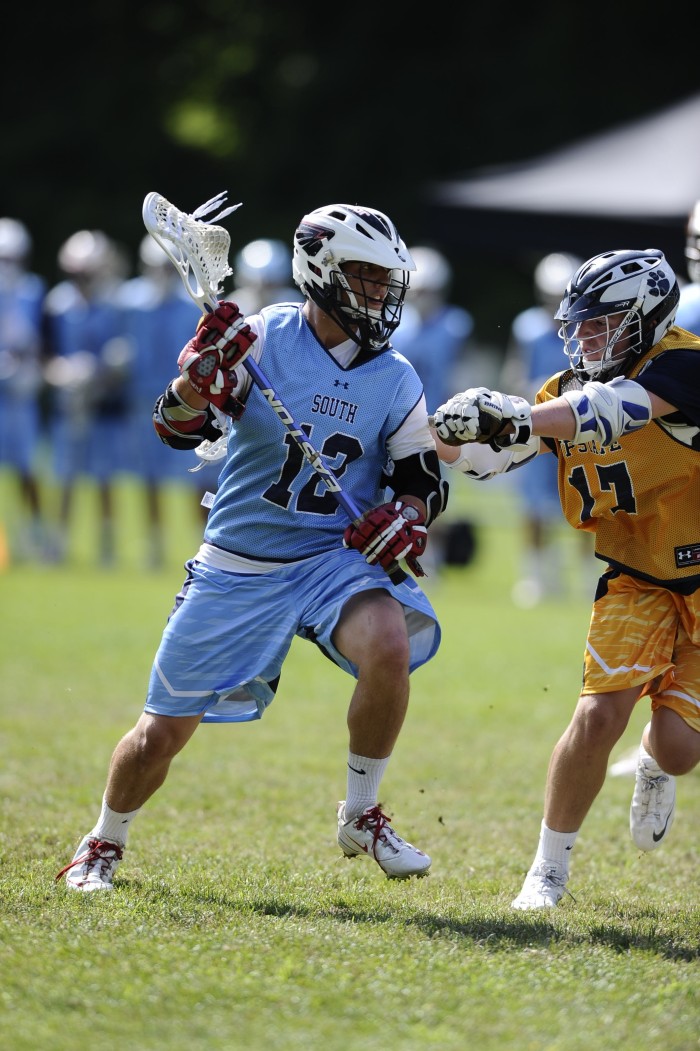“Some people who need yoga probably don’t have access or information to it, and that was the moment (my second class) when I knew this was my path.”
~ Jodi Smith
Join The OHMazing® Way podcast creator, producer and host, Beth Reese, PhD, E-RYT, RCYT, YACEP, and guest Jodi Smith, MBA, E-RYT in a conversation about how yoga had made a difference in her life—and how she impacts others through the practice. In the first half of the podcast they discuss how she started yoga to improve her health, changing her career path to teach yoga, especially to communities who traditionally have not had equal access to the information and practices. She also shares how she empowers diversity and inclusion in her classes and addresses implicit bias through her teachings.
“Implicit bias is a mind’s short cut. It’s taking all of your past experiences and awarenesses and making a kind of snap judgement. And in that perspective people can accept, ‘Oh yeah, I have some’.”
~ Jodi Smith
In the second half Jodi shares how she practices self-care so that she can be her best self to the hundreds of urban youth she teaches at KIPP, a public charter school system, as well as to adults at YogaWorks, and within her kids yoga business, Mosaic Kids Yoga.
“It’s important for me as an educator to remind myself that you do not take yesterday’s issues into your classroom tomorrow. You let it go.”
~ Jodi Smith
Jodi Smith was introduced to yoga practice after her doctor “prescribed” yoga to relieve high-level stress and anxiety. Through her practice with yoga and meditation, she recognized her privilege of having access to a medical professional who understood the benefits of yoga and the privilege of having the means to pay for and attend yoga classes. This awareness fueled her desire to teach and share yoga to all people who had limited access to yoga.
After completing her 200-hour yoga training, she embarked on the journey to impact communities of color. She became a full-time children’s yoga teacher in the KIPP Texas network. In this role, she has taught more than 1400 yoga and mindfulness classes to more than 800 elementary school children while impacting an estimated 4000 family members within the Houston, TX area. As a teacher in title one public schools, it was important for her to leverage the backgrounds and cultural experiences of students to make her yoga classes engaging and relevant. Drawing from her work in culturally and social economic-diverse school communities, Ms. Smith created Mosaic Kids Yoga to promote academic, social, and emotional learning while championing diversity and inclusion.
The work she does in the schools and with communities of color reflects her personal interest in how the intersection between social justice, inclusion, and yoga can foster change in underserved communities.
Addition to her yoga experience, Ms. Smith holds an MBA from Duke University/Fuqua School of Business and is a lover of art, reading and traveling.
Connect with Jodi
Email: Jodi@mosaickidsyoga.com
Web: www.mosaickidsyoga.com
Facebook: mosaic kids yoga : www.facebook.com/mosaickidsyogahtx
Instagram: mosaickidsyoga www.instagram.com/mosaickidsyoga
Best way to contact: Direct Message via Instagram
Pinterest @mosaickidsyoga www.pinterest.com/mosiackidsyoga
Connect with Beth:
Email: elizabeth@yoginos.com
Web: www.yoginos.com
Cell: +1 361 563 7448
Facebook: personal: www.facebook.com/elizreese
Facebook: Yogiños: Yoga for Youth®: www.facebook.com/yoginos/
Instagram: yoginosyogaforyouth: www.instagram.com/yoginosyogaforyouth
Twitter: @yoginos: twitter.com/Yoginos
LinkedIn: Beth Reese, PhD
















 Host Al Letson and guest producer John Biewen (of the Center for Documentary Studies at Duke University) present a collection of stories from Durham, North Carolina. In this hour of SOTRU, we explore the role of sports in the lives of young people, and their families, as the kids pursue success in athletics and in life.
Host Al Letson and guest producer John Biewen (of the Center for Documentary Studies at Duke University) present a collection of stories from Durham, North Carolina. In this hour of SOTRU, we explore the role of sports in the lives of young people, and their families, as the kids pursue success in athletics and in life.